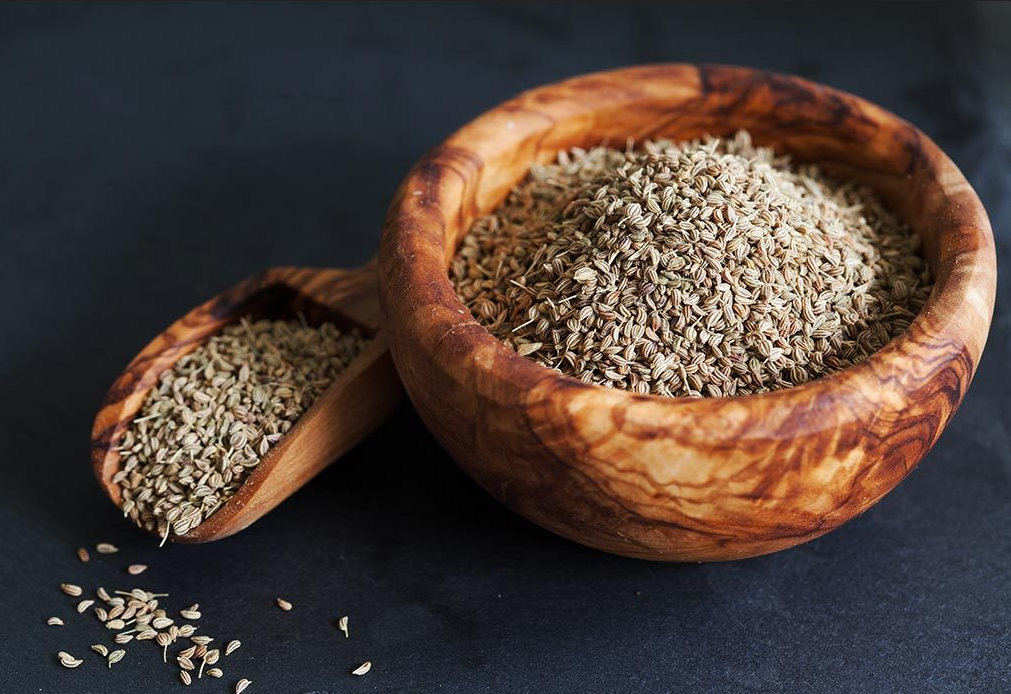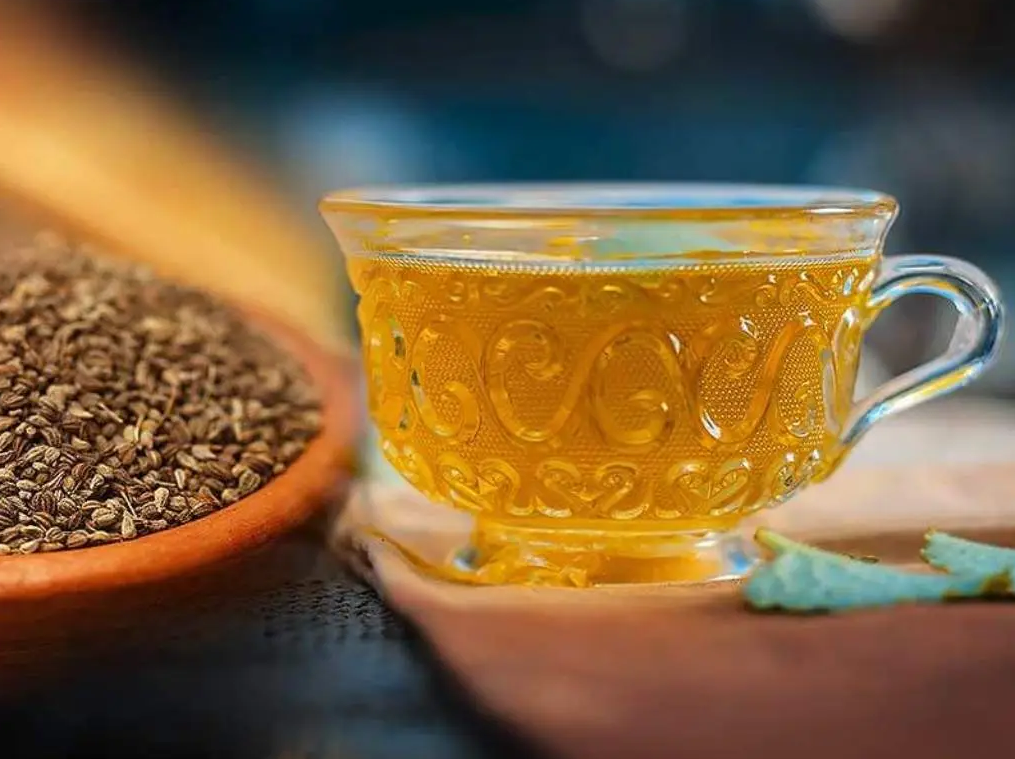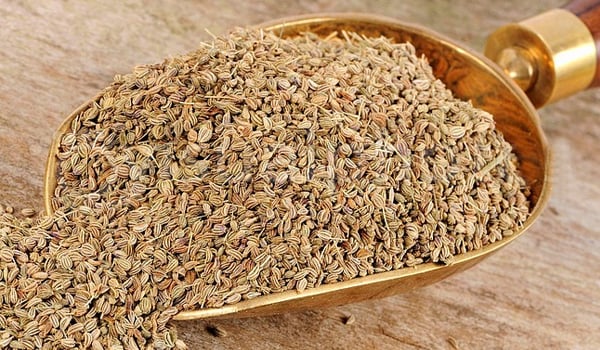Introduction
7 Amazing health benefits of Ajwain Corn is a versatile and delicious staple food enjoyed by people all over the world. Whether it’s a side dish, a main course, or a snack, corn offers a multitude of culinary possibilities. But did you know that corn is not only tasty but also packed with numerous health benefits? In this article, we’ll explore the nutritional profile of corn, delve into its impressive health benefits, and even touch on some interesting facts about this grain.
Nutritional Profile of Corn
Corn is a rich source of macronutrients such as carbohydrates, protein, and fat. It also contains various essential micronutrients, including vitamins and minerals. A cup of cooked corn provides around 123 calories, 27 grams of carbohydrates, 4 grams of protein, and less than 2 grams of fat. Additionally, corn contains essential vitamins like thiamin, niacin, and folate, as well as minerals such as phosphorus, magnesium, and potassium.
Digestive Health Benefits
One of the standout features of corn is its high fiber content. Fiber is crucial for healthy digestion as it adds bulk to the stool, promotes regular bowel movements, and prevents constipation. Regular consumption of corn can aid in maintaining a healthy digestive system and reducing the risk of digestive issues such as irritable bowel syndrome and diverticulitis.

Antioxidant Properties
Corn contains phenolic compounds, such as ferulic acid and anthocyanins, which are powerful antioxidants that help combat oxidative stress and inflammation in the body. By reducing the damage caused by free radicals, corn may contribute to the prevention of chronic diseases such as cardiovascular disease, diabetes, and certain types of cancer.
Eye Health Enhancer
Lutein and zeaxanthin, two essential antioxidants found abundantly in corn, play a vital role in maintaining healthy vision. These nutrients help protect the eyes from harmful UV rays and may reduce the risk of age-related macular degeneration and cataracts. Regularly consuming corn may support long-term eye health and preserve your vision.
Heart Health Booster
Several studies have suggested that consuming corn can have positive effects on heart health. The soluble fiber in corn, such as beta-glucan, can help lower cholesterol levels, thereby reducing the risk of heart disease. Additionally, corn’s potassium content supports healthy blood pressure regulation, further benefiting cardiovascular health. By incorporating corn into your diet, you may improve your overall heart health and reduce the risk of cardiovascular diseases.
You can read our another post on World Nature Conservation Day

Energy Source and Weight Management
Corn is a complex carbohydrate, making it an excellent source of energy. It provides a steady release of glucose into the bloodstream, helping sustain energy levels throughout the day. Additionally, the fiber content in corn promotes feelings of fullness, which can aid in weight management by reducing the urge to overeat. By including corn in your meals, you can maintain a healthy weight and prevent weight-related health issues.
Diabetes-Friendly Food
Contrary to popular belief, corn can be a suitable food choice for individuals with diabetes. While corn does contain carbohydrates, its glycemic index is relatively low. This means that the carbohydrates in corn are digested more slowly, leading to a slower and more controlled rise in blood sugar levels. Furthermore, the fiber and protein content in corn can help maintain stable blood sugar levels. When consumed in moderation and as part of a balanced meal plan, corn can be included in a diabetes-friendly diet.
Additional Benefits of Corn
In addition to the aforementioned benefits, corn offers several other advantages. The vitamin C content in corn contributes to healthy skin by promoting collagen production. Corn also contains various phytochemicals, such as carotenoids and ferulic acid, which have been associated with disease prevention. Moreover, the folate in corn supports healthy brain function and can be particularly beneficial for pregnant women, as it helps prevent neural tube defects in babies.
Interesting Facts about Corn
Now that we’ve explored the nutritional and health benefits of corn, let’s dive into some interesting facts about this grain. Did you know that corn is cultivated in a variety of colors, including yellow, white, blue, and red? Each color variation offers its own unique nutritional profile and taste. Furthermore, corn can be prepared and consumed in various forms, such as on the cob, in flours, or as popcorn. These different preparations offer different textures and culinary experiences, making corn a versatile ingredient in many dishes.

Write A FAQ For 7 Amazing health benefits of Ajwain
What is Ajwain?
Ajwain, also known as carom seeds, is a spice commonly used in Indian cuisine. It has a strong, slightly bitter taste and a distinct aroma.
What are the amazing health benefits of Ajwain?
Ajwain has been traditionally used for its various health benefits. Some of the amazing health benefits include aiding digestion, relieving acidity, improving respiratory health, boosting metabolism, and promoting weight loss.
How does Ajwain aid digestion?
Ajwain contains an essential oil called thymol, which stimulates the secretion of gastric juices, aiding in digestion. It helps in relieving indigestion, flatulence, and bloating.
Can Ajwain relieve acidity?
Yes, Ajwain has carminative properties that help to regulate stomach acids and reduce acidity. Consuming a mixture of Ajwain seeds, water, and salt can provide relief from heartburn and acidity.
How does Ajwain improve respiratory health?
Ajwain has expectorant properties and can help to alleviate respiratory issues such as cough, cold, and bronchitis. It can clear congestion and provide relief from respiratory discomfort.
Can Ajwain boost metabolism?
Yes, Ajwain is known to boost metabolism, which can aid in weight management. It helps in increasing the metabolic rate, burning more calories, and promoting weight loss.
How can Ajwain be used for weight loss?
Consuming Ajwain water on an empty stomach in the morning can help in boosting metabolism, reducing appetite, and aiding weight loss. It also improves digestion, which plays a crucial role in maintaining a healthy weight.
Are there any other benefits of Ajwain?
Apart from the aforementioned benefits, Ajwain also possesses anti-inflammatory properties, helps in reducing menstrual cramps, and aids in the treatment of constipation.
Can Ajwain be used topically?
Yes, Ajwain can be used topically to relieve pain and inflammation. Applying a poultice made from ground Ajwain seeds can provide relief from arthritis pain, joint inflammation, and muscle spasms.
Are there any precautions while using Ajwain?
While Ajwain is generally safe for consumption, pregnant women and individuals with certain medical conditions like ulcers or liver disorders should consult their healthcare provider before including Ajwain in their diet. Additionally, excessive consumption of Ajwain can cause mild side effects like nausea or dizziness, hence it should be consumed in moderation.
Conclusion
Corn is not only a delicious addition to your plate but also a nutritional powerhouse that offers a range of health benefits. Its high fiber content promotes digestive health, its antioxidants combat oxidative stress, and its nutrients support eye and heart health. With its low glycemic index, corn is also suitable for individuals concerned about blood sugar control. Additionally, corn offers interesting facts and culinary possibilities that can enhance your dining experience. So, why not incorporate corn into your diet and enjoy its numerous health perks? Whether you prefer it on the cob, in a salad, or as part of a delicious Mexican dish, corn is a versatile and nutritious choice that can contribute to your overall well-being.
